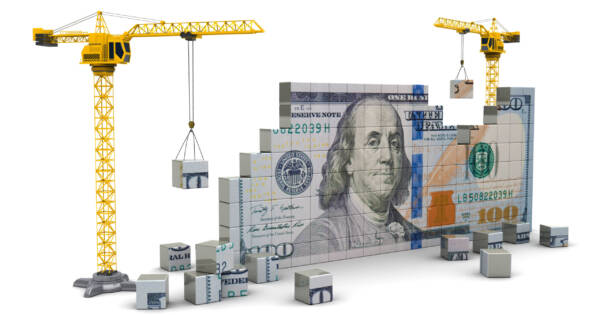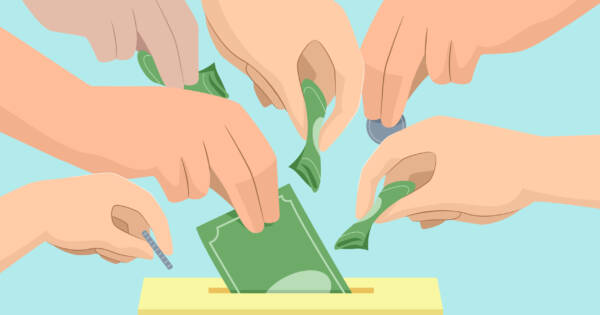Paying off debt quickly is often framed as the smartest financial move, but it isn’t the right strategy for everyone. Personal circumstances, long-term goals, and emotional well-being all play a major role in determining how aggressively you should tackle what you owe. In some situations, slowing the pace can actually lead to healthier habits, greater stability, and more sustainable progress. Before deciding how fast to eliminate your balance, it’s worth considering whether a steadier approach serves you better.
Have Your Habits Changed?
First of all, you need to make sure that you are changing your money habits. Rushing to pay off your debt quickly does very little good if you never take the time to address the habit of going deep into debt in the first place. Instead, you need to make sure that you are fundamentally changing your habits. That could ultimately be even more important than paying off the debt load you carry immediately.
A lightning-fast response to paying off debt may get rid of the symptoms of a wider problem. But it might not actually get to the “real” problem. Sure, you can stop all spending for a little while to try paying off your debt quickly. However, the effects won’t last unless you are truly reforming the rest of your financial habits. Once you pay off the debt, you could end up back in the same situation again in a matter of months of years. You obviously can’t sustain a complete spending shutdown indefinitely. Plus, it’s extremely easy to borrow these days.
Give Yourself a Financial Evaluation
Instead, consider taking the time to make true changes to your financial habits. This might take a little more time, since only small and consistent changes through time are sustainable. You might be forced to pay off your debt more slowly if you make long-term changes over time.
However, it might be worth it if you make sure you’re truly reformed. There’s a much higher chance for the new habit to stick, meaning you won’t repeat your past mistakes. It might take three years (instead of one) to eliminate that debt, but you’ll be on a more solid financial footing. Consider the extra interest payments as a surcharge on your (hopefully) longstanding financial overhaul.
If you don’t want to repeat the cycle of debt, take it at a slower pace. It will allow you the time to truly change the fundamentals of your money management.
Realities of Family Life
In some cases, paying down debt slowly is more about the realities of your family situation. If you have children (or a partner who isn’t on board with drastic measures to cut costs and live frugally), you might not be able to pay off your debt as fast as you would like.
There are times when it makes more sense to step back and re-evaluate your situation. Perhaps you need to pay off debt at a slower pace so that you can meet your other obligations. You might want to maintain your current lifestyle. Or maybe your partner is more comfortable with debt than you are. You might also not feel good about limiting your children’s experiences as you drastically cut costs.
Paying off debt as fast as possible is a noble goal. It sounds great on paper, too. However, it’s not always the right choice. You still need to enjoy life! Are you really going to skip out on taking your kids to the zoo or a nice romantic anniversary dinner with your spouse, just to pay off the debt a few weeks faster? Be smart about it, but don’t put your family activities completely on hold. Talk it out with your family and figure it out as a team. After all, that’s the only way the plan will be successful.
The Interest Rate Matters Too
Quickly paying off credit card debt, with an interest rate in the mid-teens, is one thing. But paying off low-interest debt is quite another. Many people are taking out a good-sized mortgage these days at 3% and using that equity to invest in the stock market. They are taking risks by doing so. There are no guarantees in either market, after all. However, this could be a prudent move for those who have ample liquidity to ride out any loss in income and volatility in the markets.
Again, I want to stress that there are no guarantees that markets will return more than 3% in the long term. I also want to point out that there’s a reason the saying of “no one has ever regretted paying off their mortgage” resonates so well with us. However, those who can truly ride out the volatility and avoid behavioral investment mistakes (like selling when times are scary) have been rewarded through the years.
Sometimes, you need to be realistic about what’s possible. It might not make sense (or be in your best interest) to pay off debt really quickly. In some cases, you might need to take 36 months instead of 12 to pay off debt. You may even want to keep paying the minimum for 30 years, in the case of a mortgage.
The Last Word
Don’t forget about the income side of the equation either. We often spend so much time contemplating how to reduce our debt load, that we could of spent that time making more money. For some people, it’s simply much easier to make extra cash in order to free up their financial life.
Think about your situation, your obligations, and whether or not it makes sense to restrict your finances dramatically. Run the numbers, talk to your family, and then make a plan that you can stick with. You don’t want a quick fix that sets you up for future failure.








